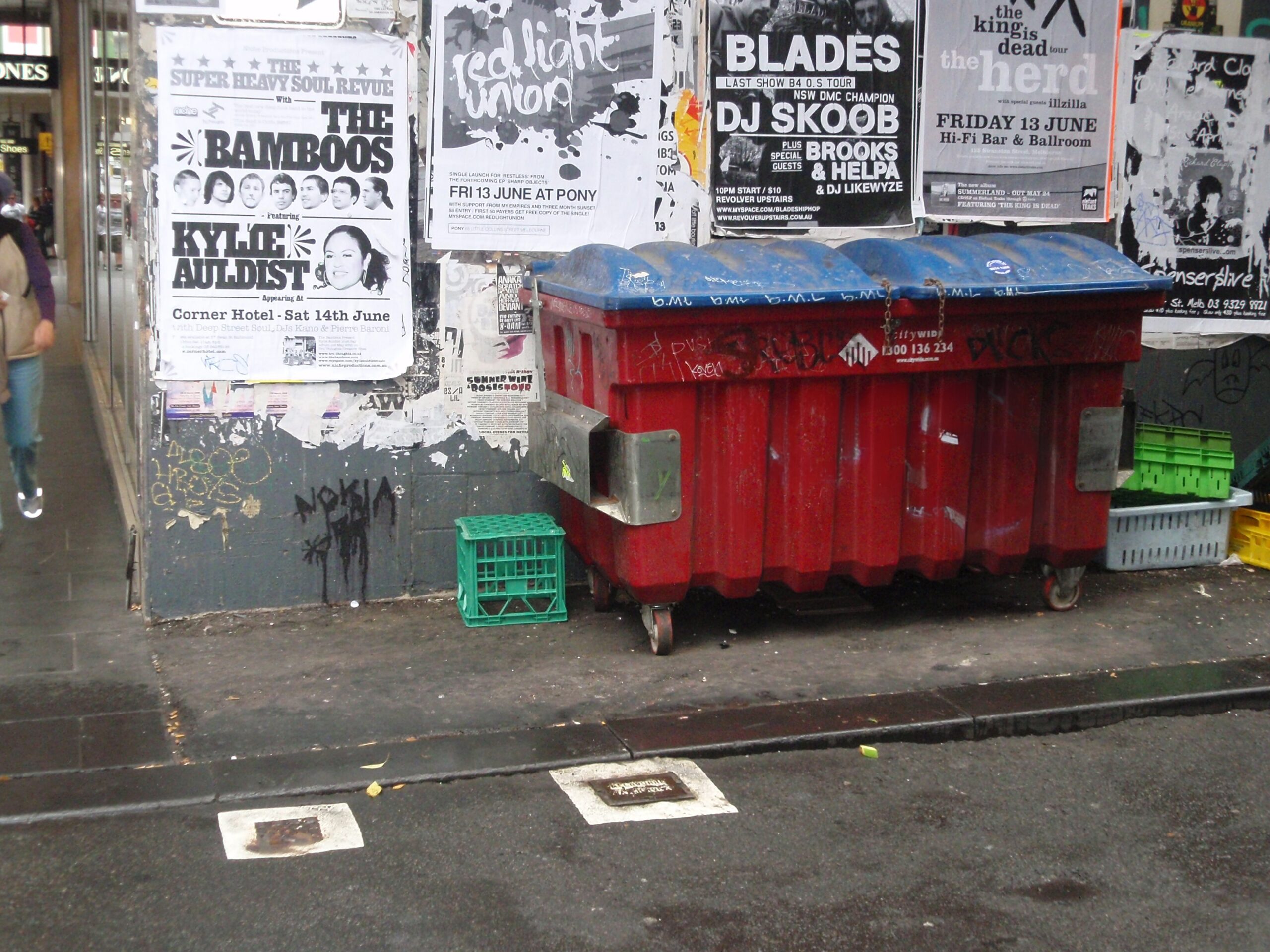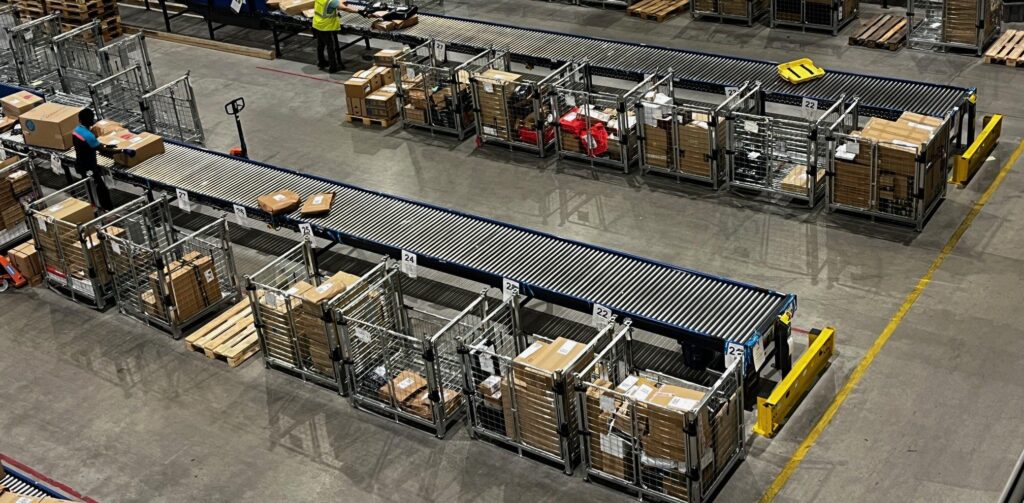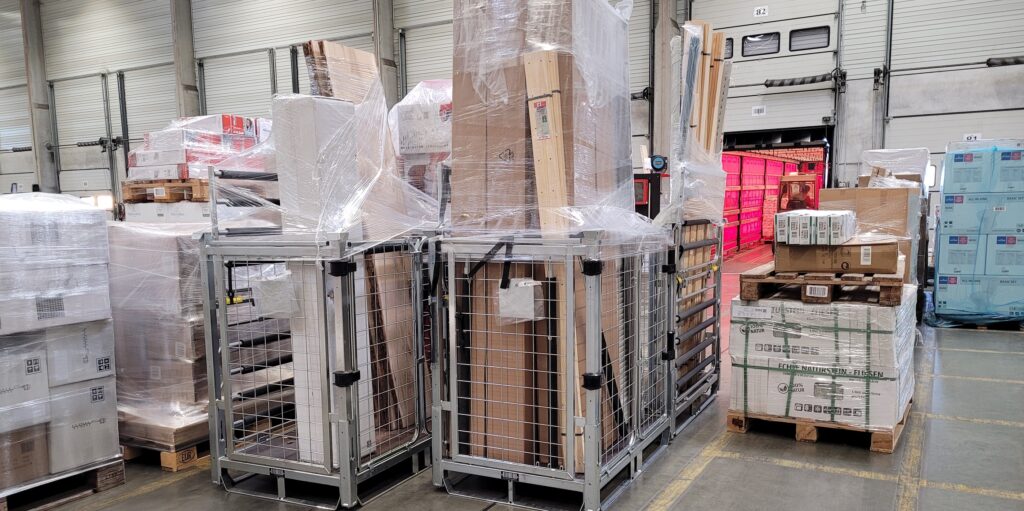The Packaging and Packaging Waste Regulation (PPWR) represents a significant step forward in the European Union’s efforts to tackle packaging waste and its environmental impact. Adopted by the European Parliament last April, this proposed legislation is set to replace the longstanding Packaging and Packaging Waste Directive (PPWD), which has been in place since 1994.
The PPWR aims to create a more sustainable future by mandating reductions in single-use packaging, increasing recycling targets, and encouraging reusable systems. Though not yet in force, businesses must prepare now to align with these transformative changes.
What the PPWR Means for Your Business?
Mandatory Reusable Packaging
- Reusable packaging will be required for specific applications, particularly in the food and beverage industry, replacing many single-use packaging solutions.
- This shift will necessitate the integration of durable, reusable packaging into supply chains, requiring businesses to rethink packaging strategies.
Tighter Recycling Standards
- Packaging materials must meet a minimum recyclability threshold, with clear labeling to ensure effective waste management.
- These measures aim to harmonize recycling systems across EU member states, fostering a circular economy.
Phasing Out Problematic Packaging
- Single-use plastics and other non-recyclable packaging types will face bans, pushing companies to adopt environmentally friendly alternatives.
Solutions for Adapting to the PPWR
Adopting innovative solutions is key to navigating the requirements of the Packaging and Packaging Waste Regulation. Here are some practical approaches businesses can consider:
- Durable and Reusable Load Carriers
Investing in durable packaging, such as roll containers, foldable cages, and dollies, can help businesses transition to reusable systems. These solutions are not only compliant with the PPWR but also reduce overall secondary packaging costs .
- Automation and Logistics Optimization
Integrating automation into supply chains can help streamline operations while meeting sustainability goals. Systems such as tugger trains and Automated Mobile Robots (AMRs) allow for seamless movement of reusable packaging, reducing inefficiencies and environmental impacts.
- Holistic Supply Chain Collaboration
The transition to compliance with the Packaging and Packaging Waste Regulation requires collaboration across the supply chain. Partnering with suppliers and logistics providers to develop closed-loop systems ensures reusable packaging is efficiently cycled back into use, supporting the circular economy envisioned by the PPWR.
Why Early Action is Crucial?
The PPWR introduces ambitious targets that will require businesses to adapt their packaging and logistics strategies. By acting now, companies can avoid disruption, reduce compliance costs, and seize opportunities to align with growing consumer demand for sustainable practices.
The Road Ahead
The transition from the Packaging and Packaging Waste Directive (PPWD) to the Packaging and Packaging Waste Regulation (PPWR) marks a pivotal moment for the packaging and logistics industry. This new legislation is not merely about compliance—it’s about rethinking how businesses operate in a world increasingly focused on sustainability.
By adopting reusable packaging systems, leveraging automation, and fostering supply chain collaboration, businesses can not only comply with the PPWR but also position themselves as leaders in the shift toward a greener future. The time to prepare is now, and those who act early will reap the benefits of a more efficient and environmentally responsible supply chain.
We at K.Hartwall can support you to embrace the opportunities presented by the Packaging and Packaging Waste Regulation and lead the way toward a more sustainable tomorrow.
Herrick Ramberg
Sales Manager EO



